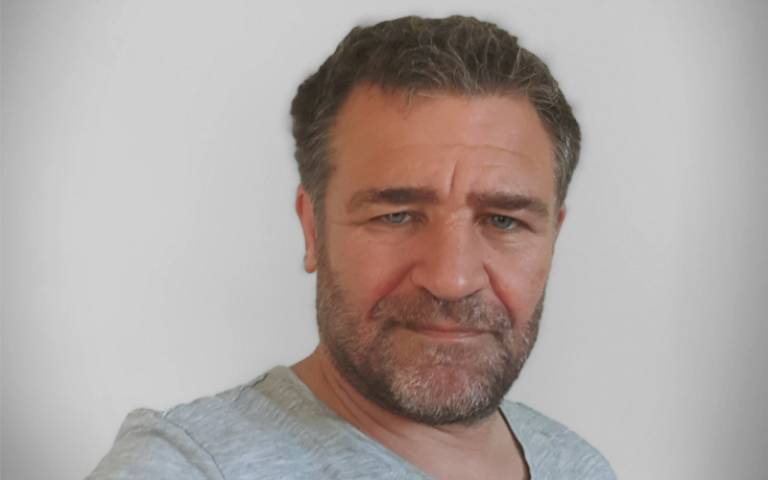Opinion: Putin’s dangerous vaccine gamble
12 August 2020
Professor Francois Balloux (UCL Genetics, Evolution & Environment) highlights the political sentiment surrounding the Russian Covid-19 vaccine, and discusses the ethical issues involved with Russia having bypassed normal safety trials.

Yesterday, Russia President Vladimir Putin claimed a huge victory: a new vaccine against Covid-19 has been approved, and mass vaccination will commence in October. Describing it as “quite effective”, the President added that it had passed all the required checks. And in case there were any lingering doubts, he reassured the population that his daughter had already been given it.
It should come as no surprise that these claims are all highly dubious. In fact, the Russian government bypassed proper safety and efficacy trials for their vaccine, which was approved after only two months of testing on humans. Not only is this a reckless and foolish decision, but mass vaccination with an improperly tested vaccine is deeply unethical.
The motivation feels political. By naming the vaccine Sputnik V — a clear allusion to the first Soviet space satellites in 1957 — Russia is inscribing itself in a vaccine arms race reminiscent of the Cold War. The Sputnik satellite represented a major moral victory for the Soviet Union over the USA, and Putin is hoping to tap into something similar. After all, this is a leader whose approval ratings dropped to record lows this year, and stemming the Covid-19 pandemic with the world’s first vaccine has an obvious political upside.
There is not much known about the Russian vaccine because, mysteriously, no publication about it has been released in the scientific literature. As far as I can tell, it seems to be a ‘prime-boost’ vaccine relying on sequential inoculation of two different recombinants of the SARS-CoV-2 spike protein integrated into the adenovirus serotype 9 and 26 vectors, respectively.
Though other major vaccines of this sort are currently under development, none are available to the public because this technology remains largely untested. As such, there is genuine risk that the Russian vaccine could cause unexpected problems.
On a mass scale, this vaccine could lead to an unacceptably high proportion of the vaccinated population experiencing severe side effects. More concerning, however, would be for the vaccine to cause a rare phenomenon called Antibody-Dependent Enhancement (ADE), whereby those inoculated experience more severe disease symptoms upon infection, rather than being protected.
Any major side effects or ADE in the Russian vaccination campaign would be disastrous both through their negative effect on peoples’ health, but also because it could further set back the acceptance of vaccines in the population, which is the very last thing a world grappling with a pandemic needs right now.
Despite the current urgency of the Covid-19 pandemic, administration of a potentially unsafe vaccine is extremely risky. And even if the vaccine turned out to be a success, it is unlikely to save many lives in the short term, as it is most unlikely that it will be administered first to the people most at-risk to Covid-19.
More fundamentally, whether the Russian gamble pays off or not, it will set the world back decades in terms of medical ethics, and create a precedent for rushed development of potentially unsafe vaccines and drugs, and all for a very questionable potential benefit to human health.
This article was first published in the Post on 12 August.
Links
- Professor Francois Balloux’s academic profile
- UCL Department of Genetics, Evolution and Environment
- UCL Division of Biosciences
- UCL Faculty of Life Science
 Close
Close

